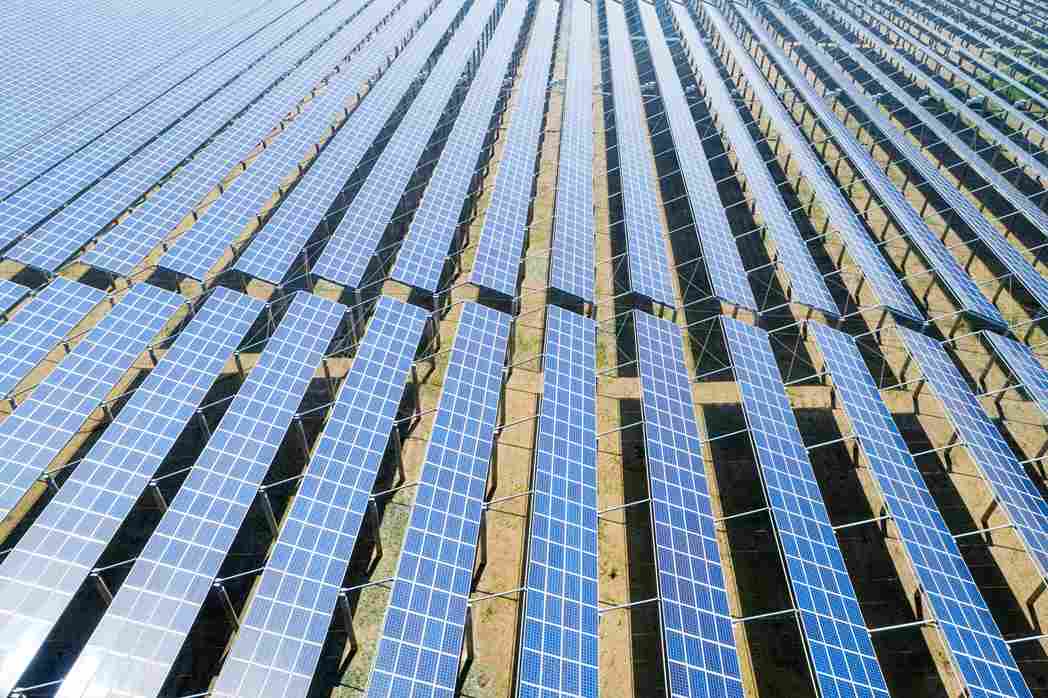Off-grid solar power systems offer a transformative solution for individuals and communities seeking energy independence. In a world increasingly concerned with sustainability and environmental impact, these systems provide a reliable and renewable alternative to traditional grid-connected electricity. By harnessing the power of the sun, off-grid solar power systems empower users to generate their electricity, reducing reliance on fossil fuels and minimizing carbon emissions.
Introduction to Off-Grid Solar Power Systems:
Off-grid solar power systems operate independently of the centralized power grid, making them ideal for remote locations or areas where grid connections are impractical or unavailable. These systems consist of several components, including solar panels, batteries, charge controllers, and inverters. Solar panels capture sunlight and convert it into electricity, which is stored in batteries for later use. Charge controllers regulate the flow of electricity to prevent overcharging, while inverters convert the stored DC electricity into AC electricity for use in homes or businesses.
Benefits of Off-Grid Solar Power Systems:
The adoption of off-grid solar power systems offers numerous benefits, both environmental and practical. Firstly, these systems provide energy independence, allowing users to generate their electricity and reduce reliance on centralized power grids. This independence is particularly valuable in remote areas where grid connections may be unreliable or unavailable. Additionally, off-grid solar power systems offer clean and renewable energy, reducing carbon emissions and minimizing environmental impact. By harnessing the power of the sun, users can significantly reduce their carbon footprint and contribute to a more sustainable future.
Applications of Off-Grid Solar Power Systems:
Off-grid solar power systems have a wide range of applications, from residential homes to commercial establishments and remote facilities. In residential settings, these systems provide a reliable source of electricity for off-grid homes, cabins, and vacation properties. They are also used in remote areas where grid connections are not feasible, such as mountainous regions, islands, or rural communities. Additionally, off-grid solar power systems are utilized in commercial and industrial settings to power remote facilities, telecommunications infrastructure, and off-grid mining operations.
Design Considerations for Off-Grid Solar Power Systems:
Designing an off-grid solar power system requires careful consideration of several factors, including location, energy consumption, and system capacity. Solar panels must be strategically positioned to maximize sunlight exposure throughout the day, taking into account factors such as shading, orientation, and tilt angle. Battery capacity is another critical consideration, as it determines the amount of energy that can be stored for use during periods of low sunlight. Additionally, system sizing, component selection, and wiring configuration must be carefully planned to ensure optimal performance and efficiency.
Challenges and Limitations:
While off-grid solar power systems offer numerous benefits, they also present certain challenges and limitations. Variability in sunlight availability can affect system performance, particularly in areas with frequent cloud cover or inclement weather. Additionally, system costs, maintenance requirements, and equipment reliability are important considerations for users considering off-grid solar power systems. However, advancements in technology, declining equipment costs, and supportive government policies are helping to address these challenges and make off-grid solar power systems more accessible and affordable.
Conclusion:
Off-grid solar power systems offer a sustainable and reliable solution for individuals and communities seeking energy independence. By harnessing the power of the sun, these systems provide clean and renewable energy, reducing reliance on fossil fuels and minimizing environmental impact. With careful planning and design, off-grid solar power systems can provide reliable electricity for a wide range of applications, from residential homes to remote facilities and off-grid communities. As the world transitions towards a more sustainable energy future, off-grid solar power systems will play an increasingly important role in powering our homes, businesses, and communities while protecting the planet for future generations.





Comments